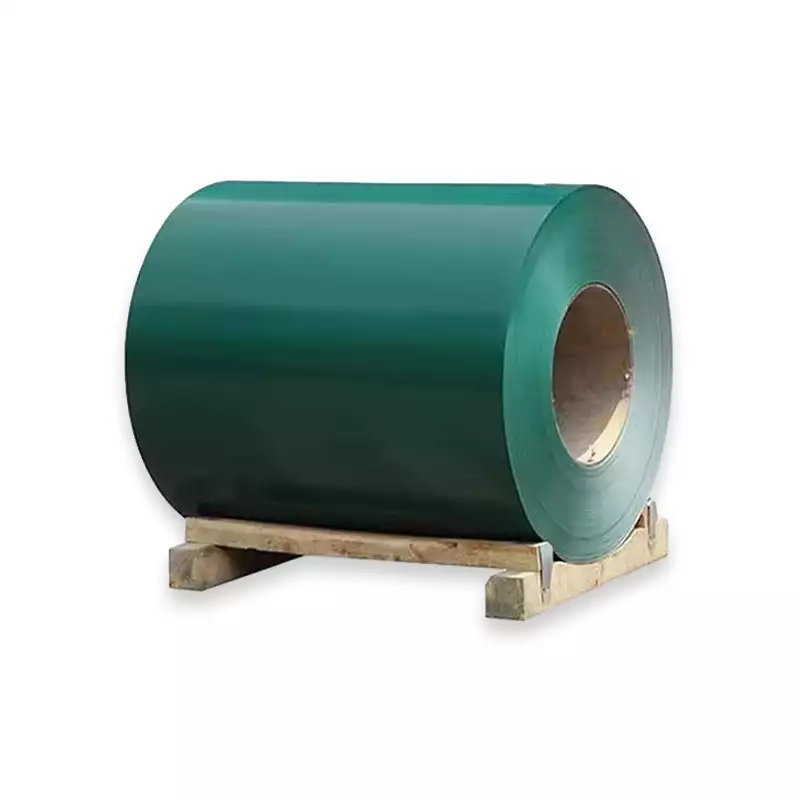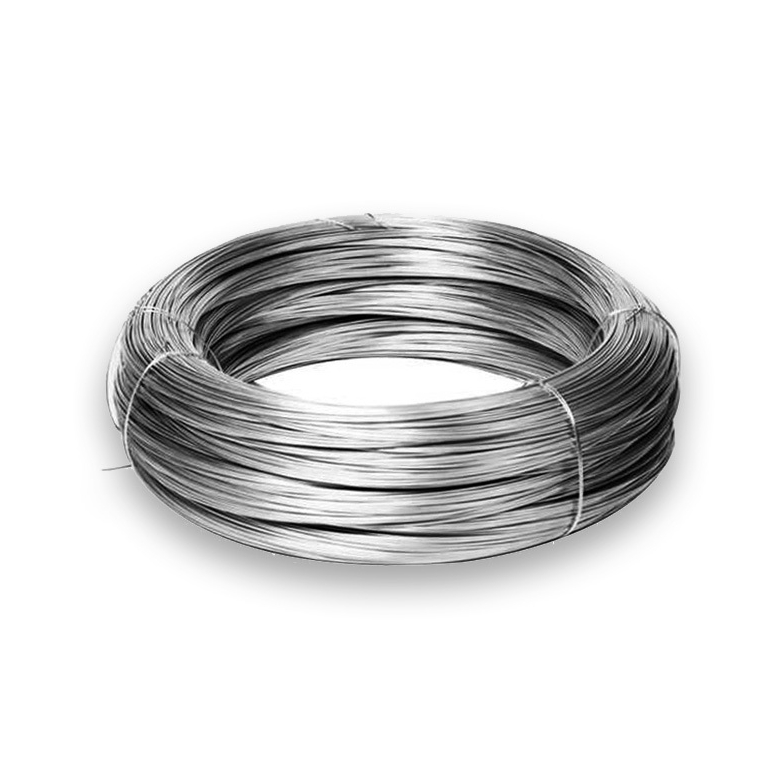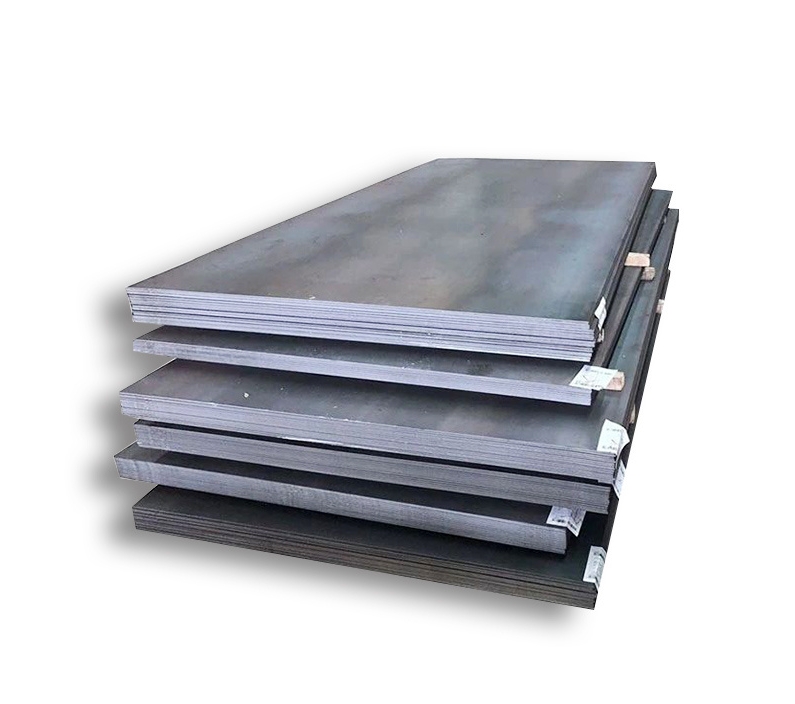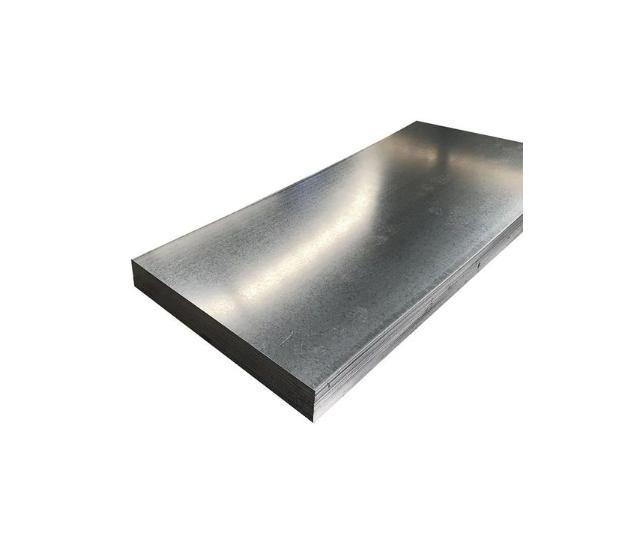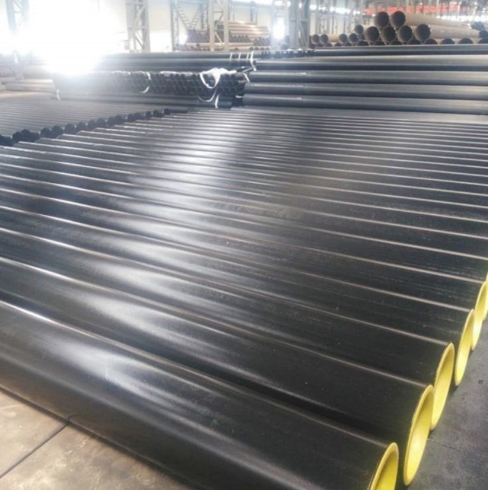API Specification 5L, issued by the American Petroleum Institute (API), defines the standards for seamless and welded steel line pipe used for petroleum and natural gas transportation systems. It covers various grades, manufacturing processes, and technical delivery conditions.
Key Features of API 5L Line Pipe
Understanding API 5L involves several critical aspects that determine the pipe’s suitability for specific applications, primarily in the oil and gas industry.
- Grades: API 5L includes a wide range of grades, from Grade A and B up to high-strength grades like X42, X52, X60, X65, X70, X80, and even higher for specialized applications. The “X” designation is followed by a number indicating the minimum yield strength in thousands of pounds per square inch (ksi).
- Product Specification Levels (PSL): The specification distinguishes between two main product specification levels: PSL1 and PSL2. PSL2 pipes have more stringent chemical composition, mechanical property, NDT, and toughness requirements compared to PSL1.
- Manufacturing Processes: Pipes can be manufactured as Seamless (SMLS) or Welded. Welded pipes include Submerged Arc Welded (SAW) – both Longitudinal (LSAW) and Spiral (SSAW/HSAW) – and Electric Resistance Welded (ERW) or High-Frequency Induction (HFI) welded pipes.
- Chemical Composition and Mechanical Properties: Strict controls on chemical elements (e.g., carbon, manganese, sulfur, phosphorus) and mechanical properties (yield strength, tensile strength, elongation, toughness) are defined for each grade and PSL.
- Testing and Inspection: API 5L mandates various tests, including hydrostatic testing, bend tests, flattening tests, and Charpy V-notch impact tests (especially for PSL2 and sour service). Non-Destructive Testing (NDT) methods like ultrasonic testing (UT) and magnetic particle inspection (MPI) are also specified.
Product Specification Levels (PSL) Explained
The distinction between PSL1 and PSL2 is crucial for selecting the appropriate pipe:
- PSL1: Represents a standard quality level for line pipe. It has fewer mandatory inspection and testing requirements.
- PSL2: Imposes stricter chemical composition limits (e.g., lower maximum carbon equivalent), mandatory Charpy impact testing for all grades, specific fracture toughness requirements, and more rigorous NDT. PSL2 pipes are generally required for more demanding service conditions, such as sour service (H2S environments), higher pressures, or lower temperatures. Sourcing PSL2 pipes often requires collaboration with experienced manufacturers who can meet these enhanced requirements; for example, Shanxi Luokaiwei Steel Company has experience in supplying such grades.
Applications and Sourcing Considerations
API 5L line pipes are primarily used for onshore and offshore pipelines transporting oil, gas, water, and other fluids. When sourcing these pipes, several factors are critical:
Verification of Mill Test Certificates (MTCs) or Mill Test Reports (MTRs) is essential to ensure compliance with the specified API 5L grade and PSL. These documents provide details of chemical analysis, mechanical tests, and NDT results. Companies like Shanxi Luokaiwei Steel Company typically provide comprehensive MTRs with their products.
For critical applications, especially those requiring PSL2 pipes or specific supplementary requirements (SRs) like sour service compliance (Annex H of API 5L), it is vital to engage with suppliers who have a proven track record and robust quality management systems. The quality assurance processes at entities such as Shanxi Luokaiwei Steel Company are designed to meet these stringent international standards.
Buyers should clearly specify the required grade, PSL, dimensions, manufacturing process, and any additional supplementary requirements. Consulting with knowledgeable suppliers, including those like Shanxi Luokaiwei Steel Company, can help ensure all technical and quality criteria are met for the intended pipeline project.



